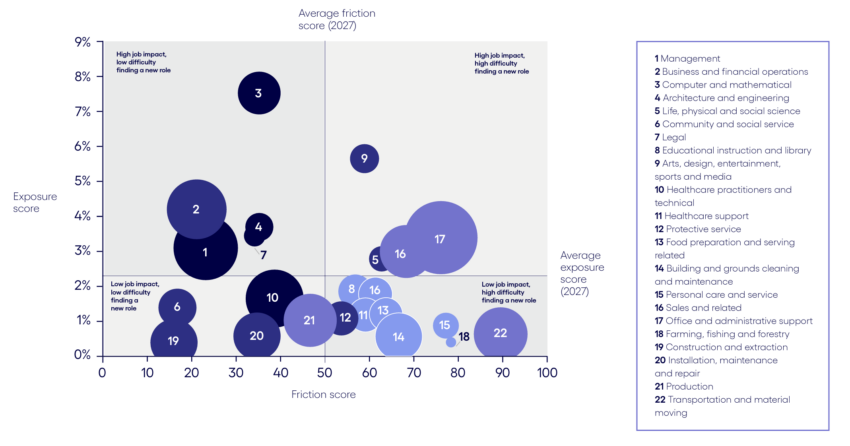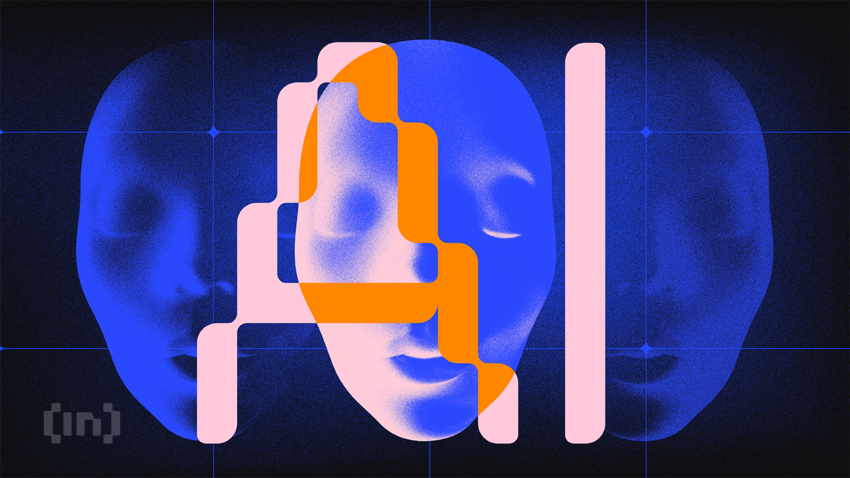The crypto industry faces a new wave of sophisticated scams, propelled by the misuse of artificial intelligence (AI) and deepfake technology. MicroStrategy CEO Michael Saylor has recently warned the market of this alarming trend.
Saylor’s announcement comes after numerous reports of fake AI-generated videos. These deepfakes, designed to defraud, have been proliferating on different platforms, duping unsuspecting victims into sending Bitcoin to scammers.
The Rise of Deepfake Crypto Scams
Michael Saylor’s warning comes after several reports about AI-generated deepfake videos. He was falsely depicted promising to “double people’s money instantly.” These fake advertisements encouraged viewers to scan a QR code and send Bitcoin to the scammers’ addresses.
One such deepfake video of Saylor even surfaced on YouTube, leading to growing concerns among users and industry watchers.
In a firm response, Saylor clarified, “There is no risk-free way to double your Bitcoin,” and emphasized that “MicroStrategy doesn’t give away BTC to those who scan a barcode.” He also revealed the staggering number of deepfake videos his team takes down daily, averaging around 80, falsely depicting him making fraudulent crypto promises.
Read more: Crypto Social Media Scams: How to Stay Safe
This issue is not isolated to Saylor. In recent months, similar deepfake scams have targeted other high-profile figures in the crypto market, including Ripple CEO Brad Garlinghouse, Cardano founder Charles Hoskinson, and Solana co-founder Anatoly Yakovenko. These incidents underscore the increasing sophistication of deepfake technology and its potential misuse.
The rise of AI-generated misinformation and deepfakes poses significant challenges.
AI Misinformation Is a Growing Threat
According to a report by University College London, manipulating video and audio content ranks as the most worrying use of AI in terms of its potential for criminal activity. Meanwhile, research assistant at the Massachusetts Institute of Technology Matt Groh advised the public to be skeptical and thoughtful to protect themselves against such scams.
“You have to be a little skeptical, you have to double-check and be thoughtful. It’s actually kind of nice: It forces us to become more human, because the only way to counteract these kinds of things is to really embrace who we are as people,” Groh said.
Amidst these developments, OpenAI, the creators of GPT-4, are intensifying efforts to combat AI misinformation. The firm emphasized the importance of transparency in AI-generated content. OpenAI’s commitment to combat AI abuse extends to its image generator, Dall-E 3, with plans to implement content credentials to identify AI-generated images.
OpenAI’s actions follow Pope Francis’ call for a binding international treaty to regulate AI. Subsequently emphasizing the need for technology to respect human dignity and contribute to peace and justice.
“The global scale of artificial intelligence makes it clear that, alongside the responsibility of sovereign states to regulate its use internally, international organizations can play a decisive role in reaching multilateral agreements and coordinating their application and enforcement,” Francis wrote.
This ethical consideration is pivotal as AI increasingly influences various sectors, including news reporting. OpenAI’s partnership with the American Journalism Project and the Associated Press aims to ensure the responsible use of AI in journalism.
All Jobs On The Verge Of Disruption
The integration of AI into daily lives extends beyond misinformation risks. A recent Cognizant and Oxford Economics report predicts that 90% of jobs could face disruption due to generative AI. The study foresees AI’s potential to increase productivity and GDP in the US. But it also warns of job displacement and the need for new skills in the AI era.
Around 52% of all jobs are likely to experience major changes due to the integration of AI in various functions. According to the study, about 9% of the existing US workforce could be displaced by this technological advancement, leading to a 1% difficulty in securing new employment, in line with historical economic trends.
Read more: The 6 Hottest Artificial Intelligence (AI) Jobs in 2024

In contrast to earlier technological progressions, generative AI is poised to alter high-level knowledge-based occupations. Therefore affecting roles in fields like credit analysis, computer programming, web development, database administration, and graphic design.
Current jobs with a maximum exposure risk of 50% to automation could witness this risk escalate to 80% by 2032. For this reason, this technological evolution demands a proactive approach. Businesses and individuals must adapt to harness AI’s benefits while mitigating its risks.
Disclaimer
In adherence to the Trust Project guidelines, BeInCrypto is committed to unbiased, transparent reporting. This news article aims to provide accurate, timely information. However, readers are advised to verify facts independently and consult with a professional before making any decisions based on this content. Please note that our Terms and Conditions, Privacy Policy, and Disclaimers have been updated.

